Book Review: No God But One: Allah or Jesus? by Nabeel Qureshi
By Timothy Fox
Are Christianity and Islam different paths to the same God? Is Jesus really divine or just another prophet? Which is the true word of God, the Koran or the Bible? In No God But One: Allah or Jesus? (NGBO), Nabeel Qureshi explores many of the most common questions involving Islam and Christianity to show “the differences between Islam and Christianity have great implications, and that the evidence of history strongly supports the Christian claims” (11).
But this book is not merely academic; it’s personal. Nabeel calls NGBO a “summary of fifteen years of research that wrenched my heart and transformed my life.” The content and tone will be familiar to anyone who read his first book,Seeking Allah, Finding Jesus (SAFJ), which chronicles his journey from a devout Muslim to follower of Christ. While Nabeel says that book is “the heart of my story, detailing the relationships, emotions, and spiritual struggles in my search for God,” NGBO is “the mind of my story, examining the religions and their claims” (11).
Another similarity with SAFJ is the use of personal experiences to frame deep theological issues, making NGBO both engaging and easy to read. As I read his previous book, Answering Jihad (read my review here), I was amazed at how Nabeel approached such a difficult topic with great sensitivity, clarity, and brevity. The same goes for his latest. A lesser writer could have used four times the amount pages to convey the same information but Nabeel makes his points simply and with ease, moving briskly from one topic to the next while still providing a thorough response.
Content
NGBO is divided into two main sections, each framed around a key question. The first is “Are Islam and Christianity Really All That Different?” Nabeel discusses five points of contention between the religions: sharia vs. the gospel, Allah’s unity vs. the Trinity, Jesus vs. Muhammad, the Koran vs. the Bible, and Jihad vs. the Crusades. But again, this is not just scoring points in a religious sparring match; it’s the result of a lifetime of careful study: “A decade of experiences as a Christian contrasted with my first twenty-two years of life as a Muslim leaves me no alternative conclusion: Christianity is very different from Islam” (169).
After establishing the vast differences between the religions, the second question is “Can We Know Whether Islam or Christianity Is True?” The case for Christianity rests on three facts: Jesus’ death, resurrection, and deity. Nabeel states “If all three are true, we have good reason to accept the Christian message” (173). To establish the truthfulness of Islam, he focuses on its holy book and prophet: “If we can determine that the Koran is the word of God, or if we can determine that Muhammad is a messenger of God, then we have good reason to accept Islam” (175). Nabeel explores these five points by using the historical method and interacting with the works of leading scholars.
But what if you are already a committed Christian and have no interest in Islam? This book is still important for you as the objections to Christianity that Nabeel answers are not unique to Muslims. Many a skeptic has questioned the reliability of the New Testament or accused the concept of the Trinity of being incoherent. And don’t forget that Nabeel began as a critic of Christianity and raised all of these objections himself.
Conclusion
NBGO ends with a third, deeply personal question: “Is it worth sacrificing everything for the truth?” Because accepting the truth comes with a price. Here in America, we think changing religions is as simple as switching political parties. However, “Leaving Islam can cost you everything: family, friends, job, everything you have ever known and maybe even life itself” (349). Nabeel learned this firsthand, as did Fatima, a young Saudi woman whose courageous and heartbreaking story sets the tone for the entire book.
No, Christianity and Islam are not two paths to the same God. They present radically different views of God and salvation and only one can be true. So who is God, Allah or Jesus? Nabeel concludes:
“There is no God but one, and He is Father, Spirit, and Son. There is no God but one, and He is Jesus” (349).
Resources for Greater Impact:

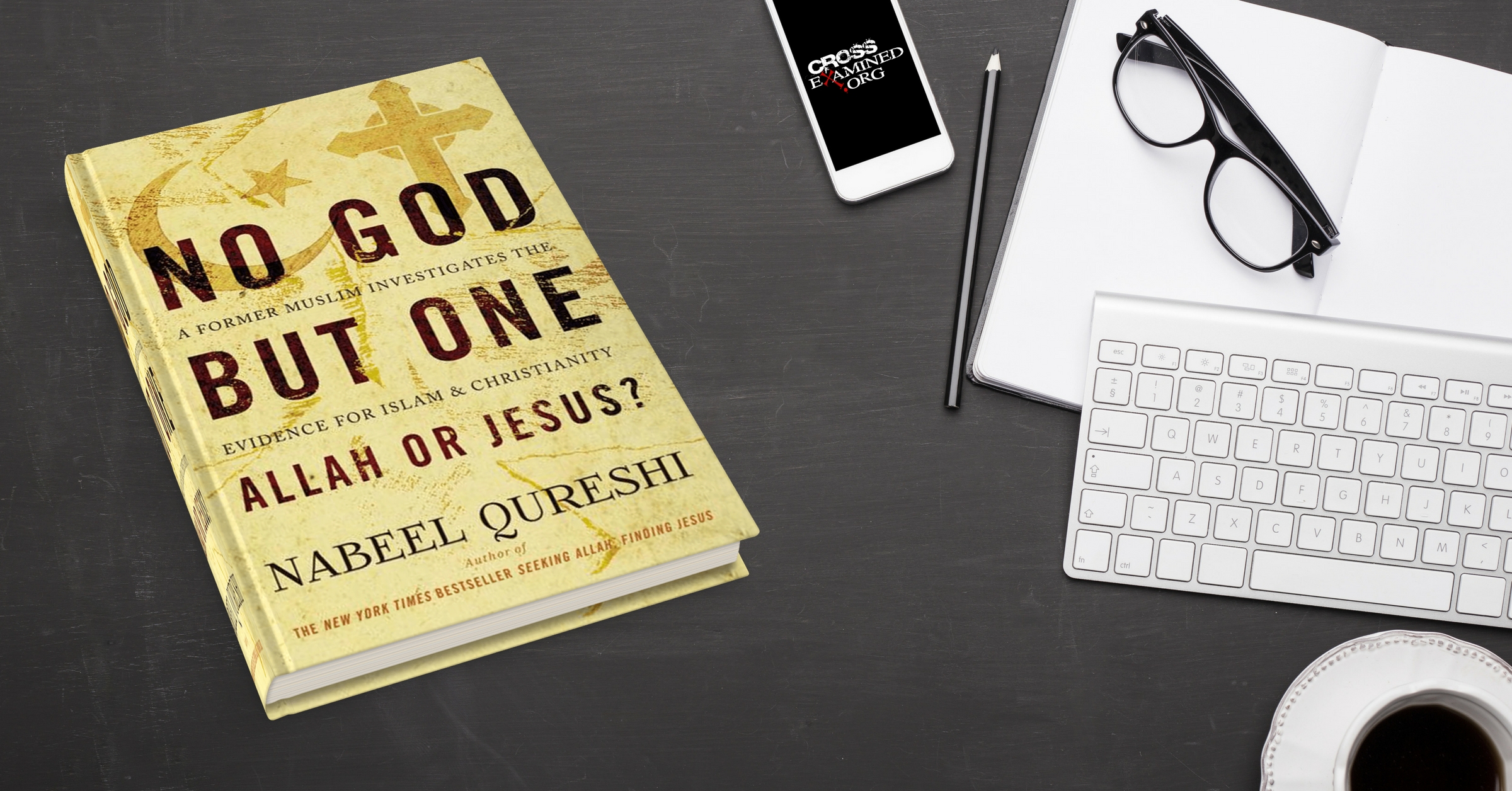
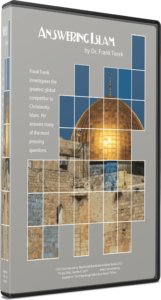 ANSWERING ISLAM
ANSWERING ISLAM


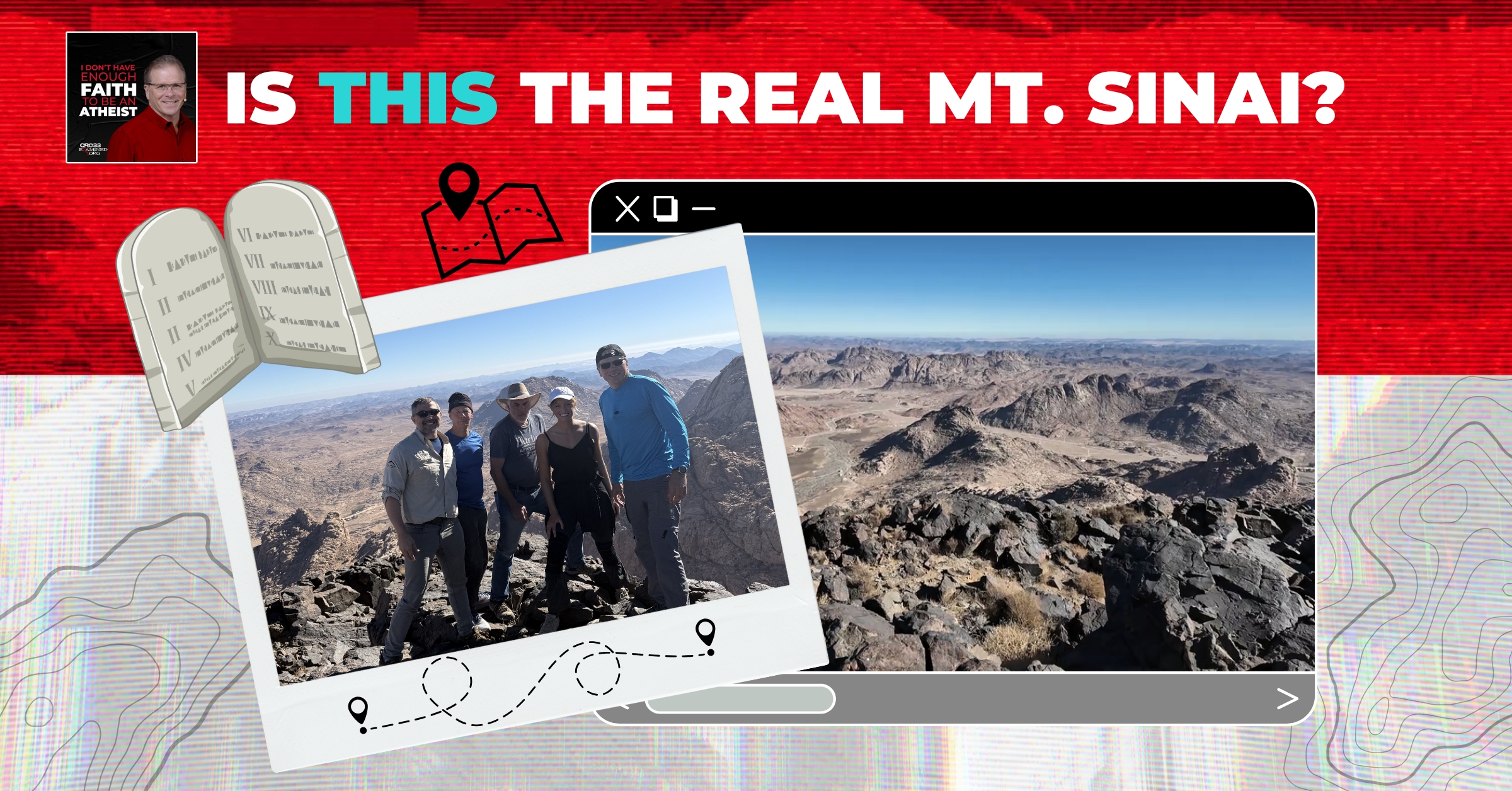
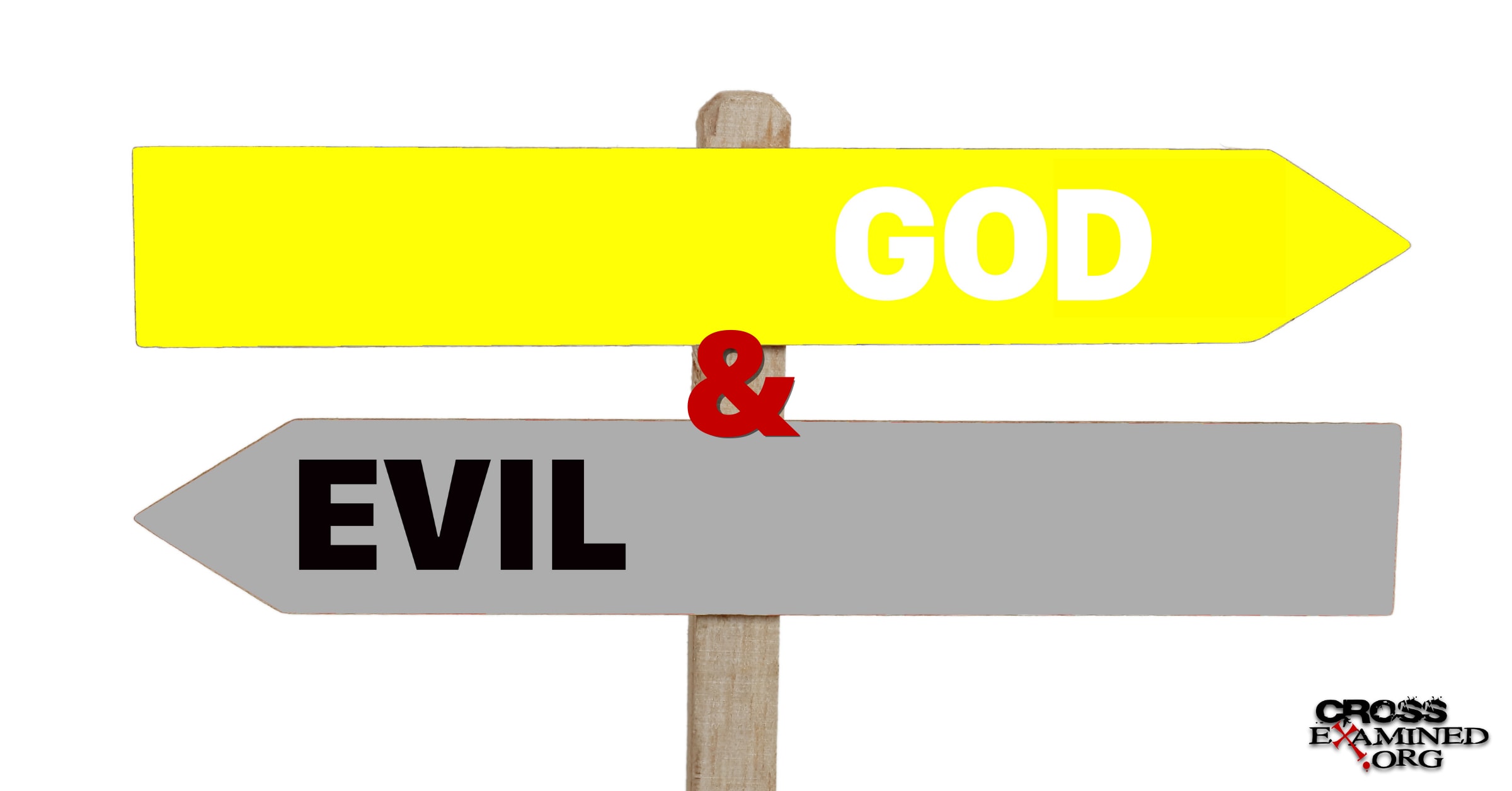
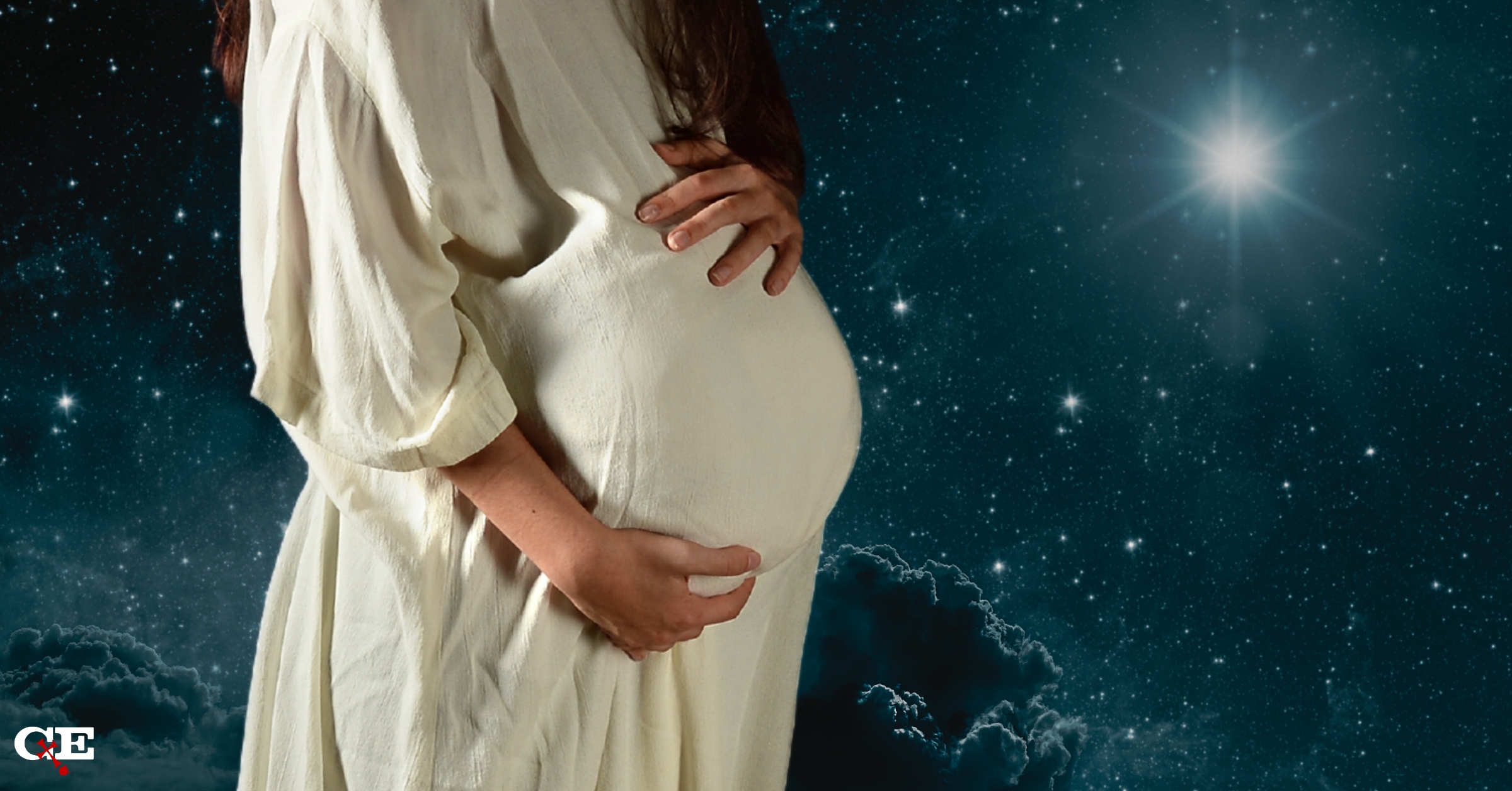
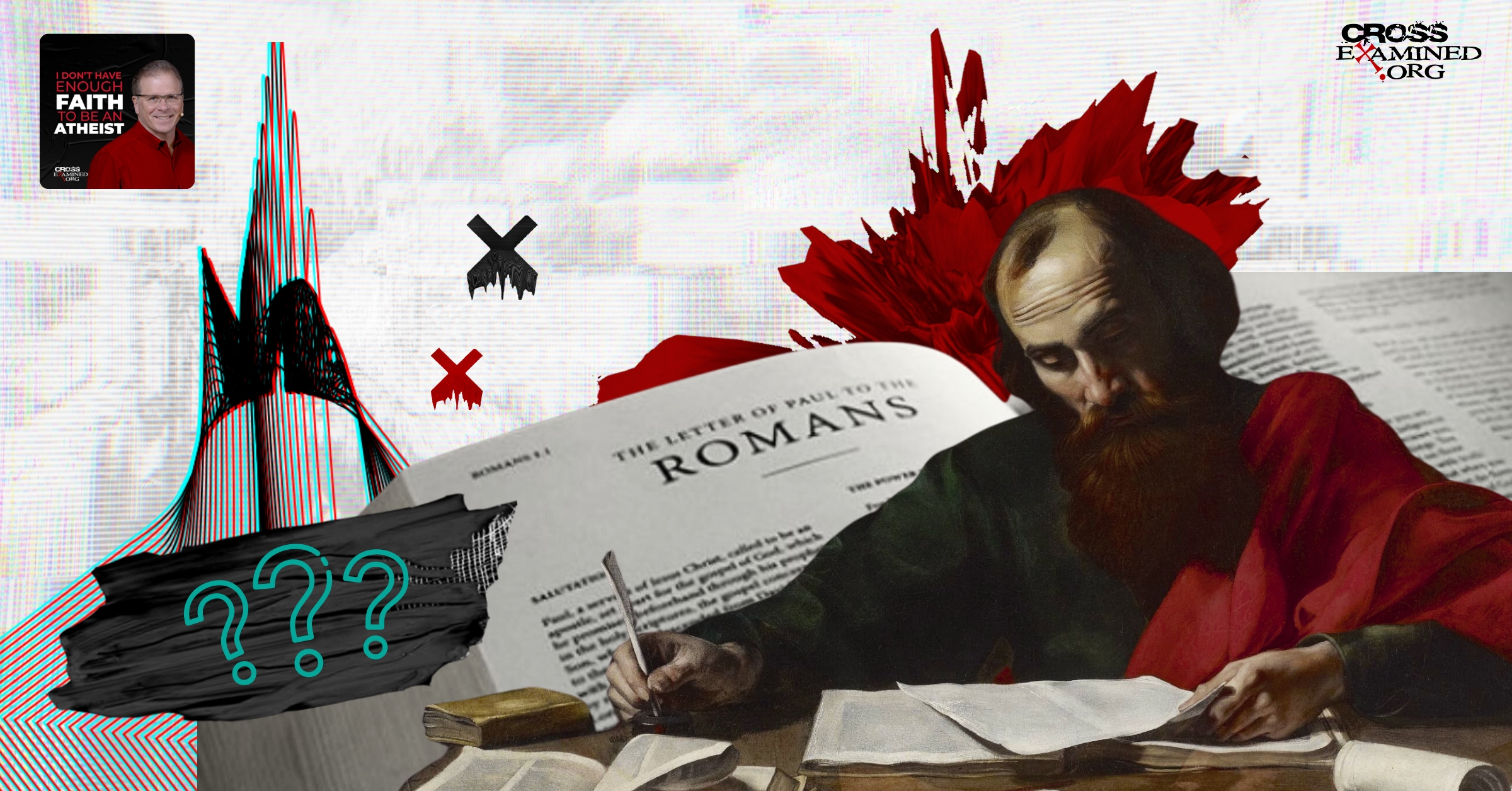

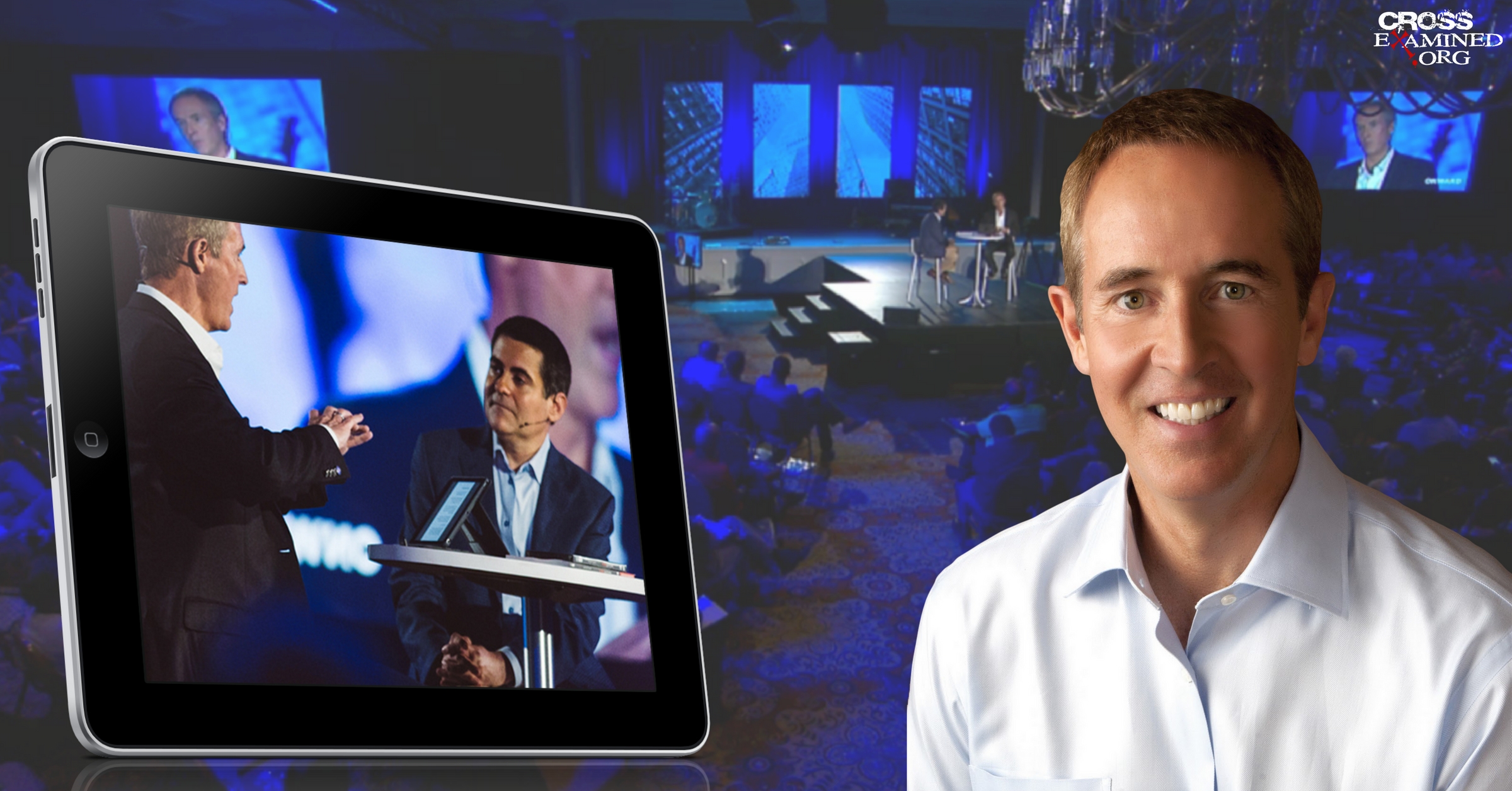
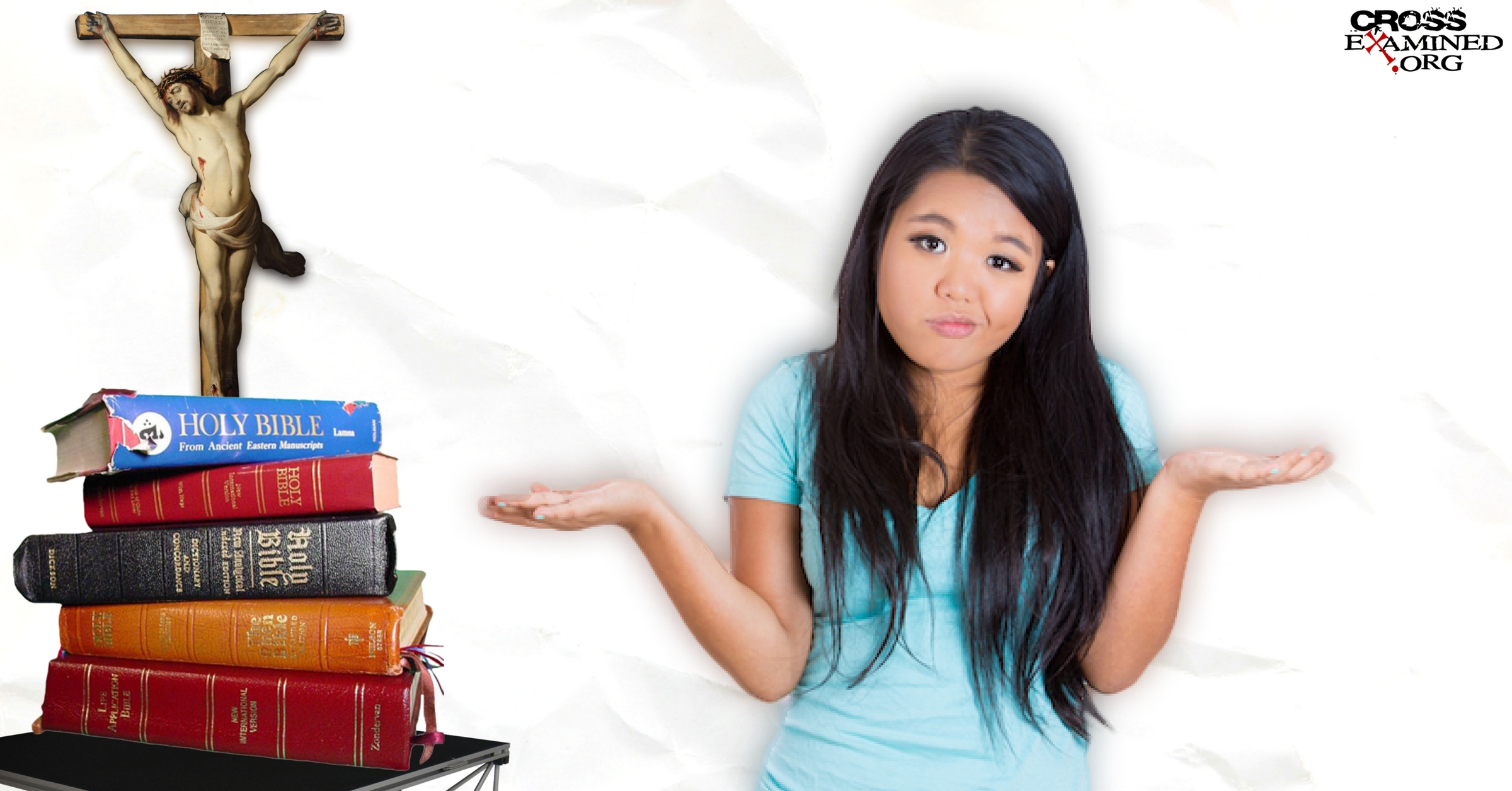
Leave a Reply
Want to join the discussion?Feel free to contribute!